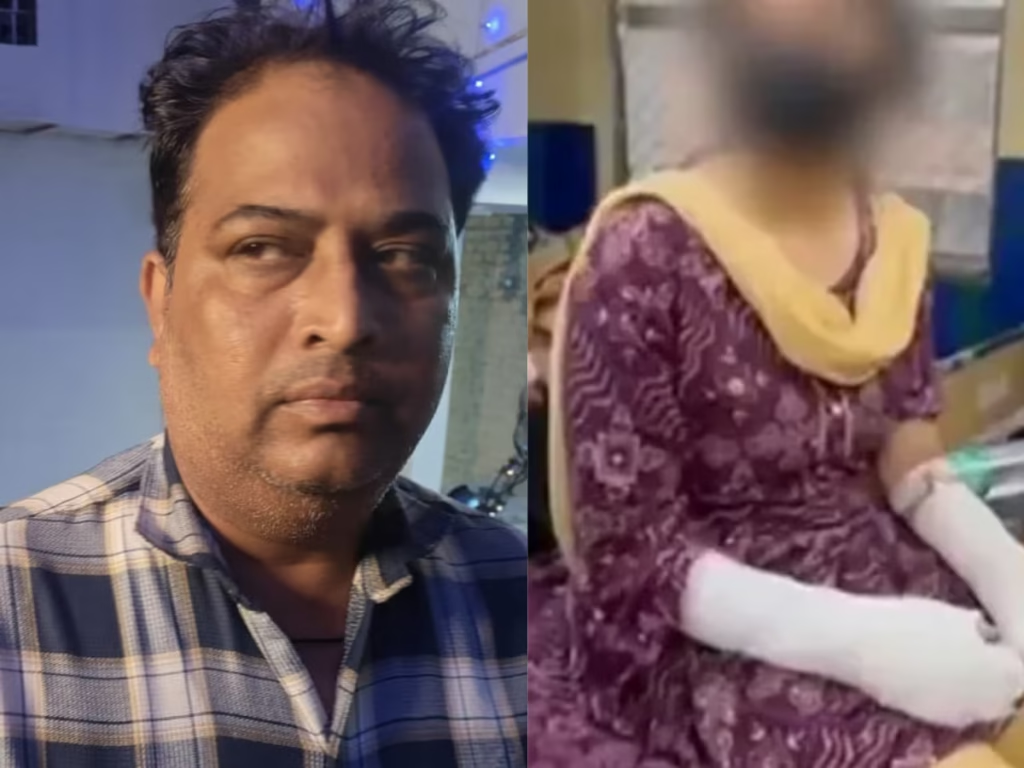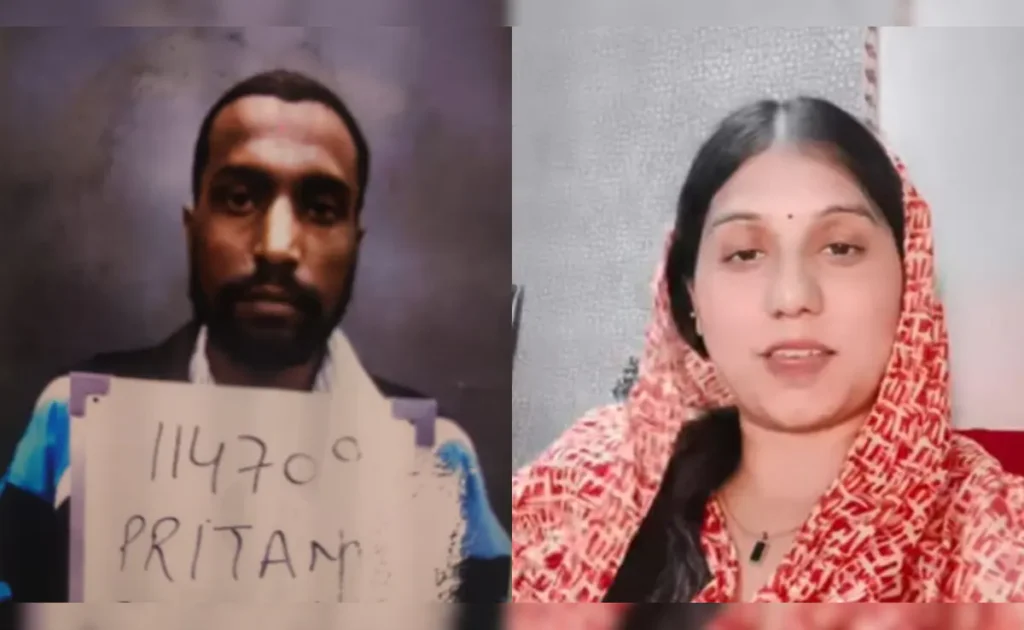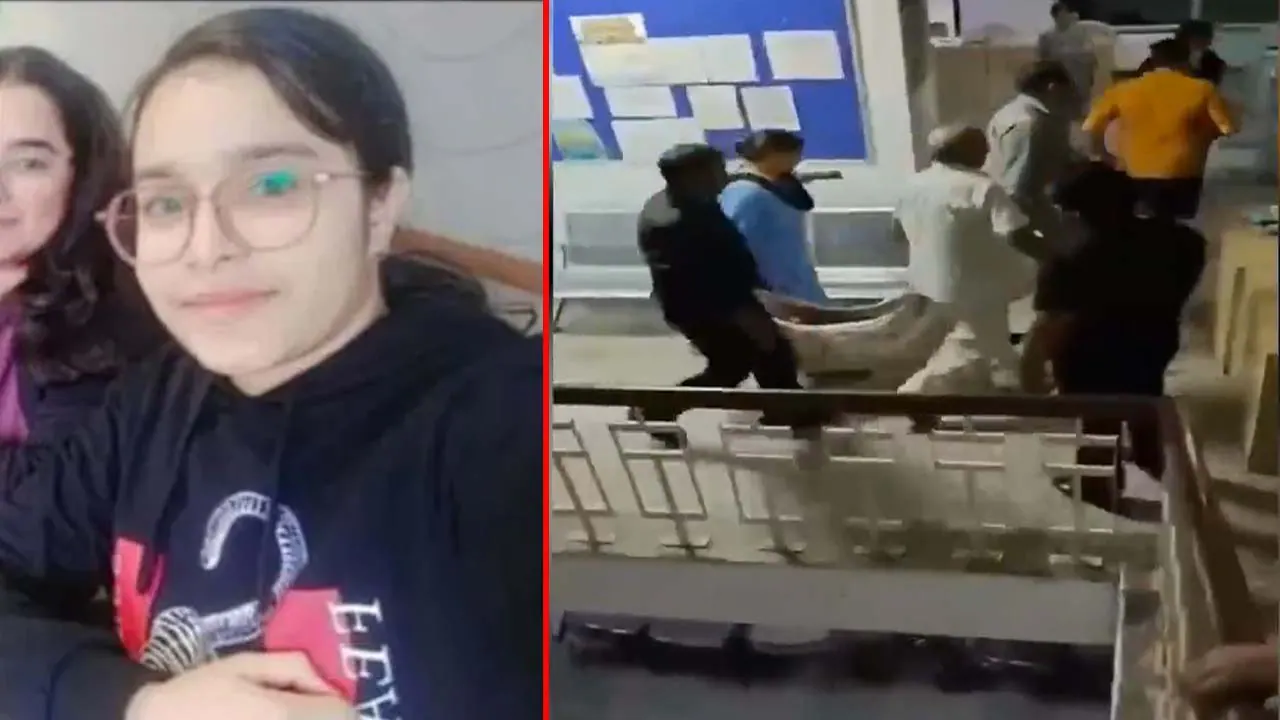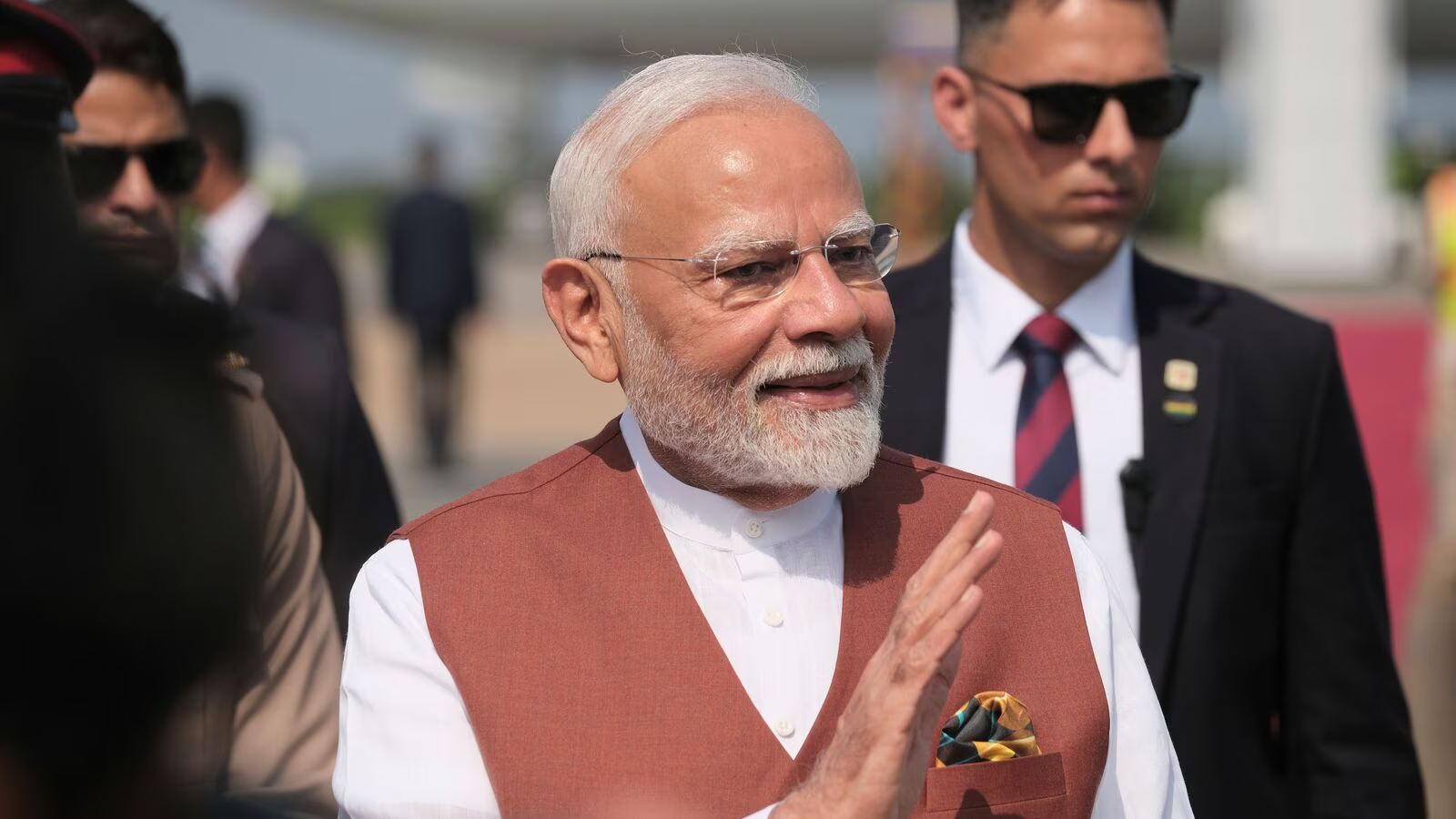Now Reading: Fake Emergency, Real Crime: Gang Posed as Patients to Hide in Kolkata Guest House
-
01
Fake Emergency, Real Crime: Gang Posed as Patients to Hide in Kolkata Guest House
Fake Emergency, Real Crime: Gang Posed as Patients to Hide in Kolkata Guest House
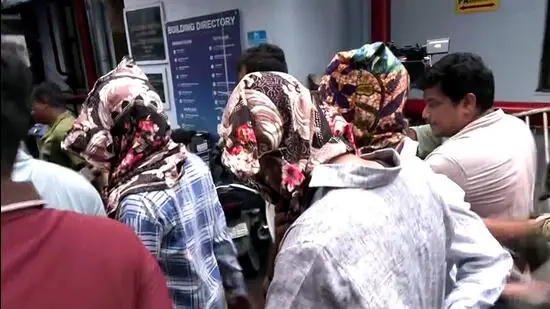
In a case that’s raising eyebrows across Kolkata, members of a criminal gang allegedly checked into a Madurdaha guest house by faking a medical emergency. What seemed like a patient in need of urgent care turned out to be a calculated move to stay undercover while avoiding police radar. The plan unraveled soon after, leading to a raid and a deeper probe into their activities.
The Setup That Fooled Many
The group had booked rooms at a private guest house, claiming one of them was undergoing treatment at a nearby hospital. The “patient” was reportedly seen moving around normally, sparking suspicion among staff.
Hotel workers later alerted authorities after noticing inconsistencies in their behavior and documents. When police raided the place, they found evidence linking the guests to criminal operations, including fake IDs and unaccounted cash.
Not Just a Hideout
What police initially thought was just a temporary shelter turned out to be more than that. Investigators believe the guest house was being used as a safe location to coordinate illicit activities and move money discreetly.
The arrested individuals are suspected to be part of a larger network involved in fraud and possibly extortion. Phones, digital records, and CCTV footage are now being scanned to uncover the full scale of operations.
Why This Hits Close to Home
This case is a wake-up call for property owners and hospitality staff in cities like Kolkata, Patna, Nagpur, and Indore. With digital booking platforms making it easier for people to rent rooms with minimal verification, it’s becoming harder to distinguish between genuine guests and those with criminal intent.
Even Tier 2 cities, once considered safer and less exposed to organized crime, are seeing a rise in such incidents. Police have urged guest houses to tighten identity checks and report any unusual patterns in bookings.
What’s Being Done Now
The gang members have been taken into custody and are being interrogated for leads on associates. Authorities have also issued an advisory to local lodges and medical facilities to be cautious of people citing medical reasons without clear documentation.
Meanwhile, forensic teams are reviewing devices seized during the raid, which may reveal further links to similar setups in other parts of the city.
The Larger Concern
The use of hospitals and medical excuses as cover for criminal activity is a troubling trend. It puts both real patients and institutions at risk while undermining public trust.
As the investigation continues, the focus is now on whether the group received any local assistance—either knowingly or through negligence. This case highlights the need for stronger vigilance, especially in urban fringes where monitoring is often lax.









